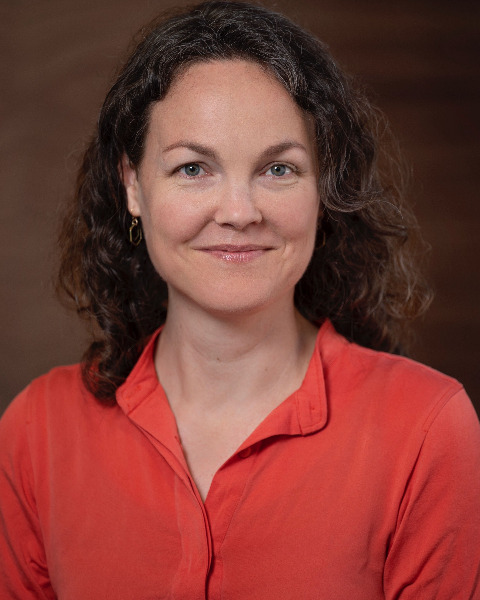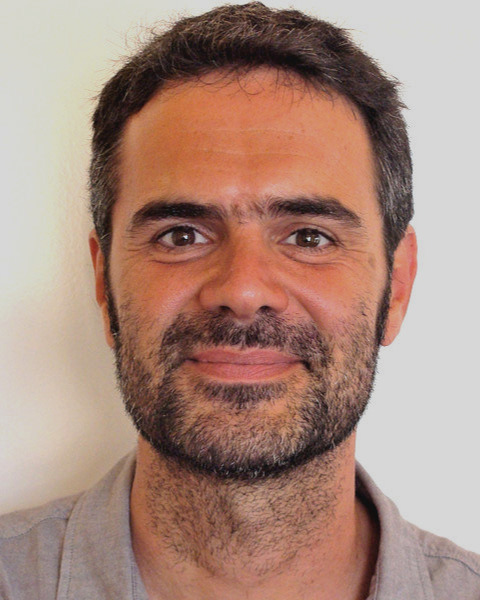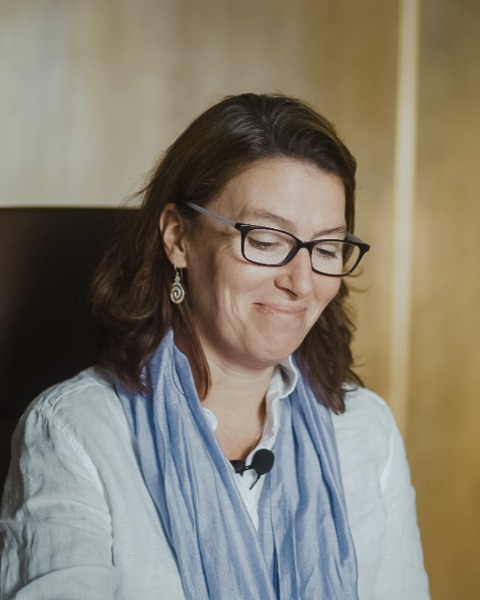Program Theory and Theory-Driven Evaluation
Using narratives to build theory, and vice versa, to evaluate and learn in complex settings
-

Boru Douthwaite, Principal evaluator (he/him/his)
Director
Selkie Consulting Ltd
Westport, Mayo, Ireland -

Boru Douthwaite, Principal evaluator (he/him/his)
Director
Selkie Consulting Ltd
Westport, Mayo, Ireland -

Elizabeth Hoffecker, MCP (she/her/hers)
Group Lead, Local Innovation Group
Massachusetts Institute of Technology (MIT), United States -

Elizabeth Hoffecker, MCP (she/her/hers)
Group Lead, Local Innovation Group
Massachusetts Institute of Technology (MIT), United States -

Claudio Proietti, MSc (he/him/his)
Monitoring and evaluation advisor
CIRAD, France -

Marina Apgar (she/her/hers)
Research Fellow
Institute of Development Studies - Centre for Development Impact, England, United Kingdom -

Marina Apgar (she/her/hers)
Research Fellow
Institute of Development Studies - Centre for Development Impact, England, United Kingdom -
MF
Marie Ferré, PhD (she/her/hers)
Researcher
CIRAD, France
Presenter(s)
Author(s)
Presenter(s)
Author(s)
Chair(s)
Presenter(s)
Location: Room 208
Abstract Information: As John Mayne, the internationally renown Canadian evaluator one said "theory of change should tell a good story." This multi-paper session will explore the connection between theory and narrative. The session will describe three evaluations in which narratives were used to build theory of change, or theory was used to shape causal narratives, or both. The theories used range from stakeholder-derived theories of how their projects worked to published social science theories that explain behavior change, such as how policy change happens. The narratives used range from the collection and pattern matching of many 'micro' accounts of small changes to broader descriptions of historical processes playing out over many years. The session will explore whether a heuristic can be developed to determine when in a project cycle to use theory to develop narrative, or vice versa, or both. The three papers to be presented are: Paper 1: 'Outcome Trajectory Evaluation (OTE): An approach to tackle research-for-development's long-causal-chain problem.' Paper 2: 'Helping programs identify emerging outcomes in complex systems: working on value-chains in Bihar, India.' Paper 3: 'Using outcome harvesting to give prominence to an emerging multidisciplinary approach to plant breeding.' In all three papers, narratives were used to describe complex outcome trajectories and provided a focusing mechanism for the evaluation team, assisting the evaluations with the challenges inherent in evaluating interventions into complex and dynamic systems.
Relevance Statement: The relevance of this proposed session is that it explores the link between theory and stories in evaluation. The session will explore the use of narratives (i.e. stories) to build theory of change, or theory to shape stories, or both, with the intent to develop a heuristic for when to do what. In all three papers, narratives were used to describe complex outcome trajectories and provided a focusing mechanism for the evaluation team, assisting the evaluations with the challenges inherent in evaluating interventions into complex and dynamic systems.
Presentations:
-
4:15 PM - 5:15 PM ETHelping programs identify emerging outcomes in complex systems: working on value-chains in Bihar, India
Presenter: Elizabeth Hoffecker, MCP (she/her/hers) – Massachusetts Institute of Technology (MIT)
-
4:15 PM - 5:15 PM ETOutcome Trajectory Evaluation (OTE): An approach to tackle research-for-development's long-causal-chain problem
Presenter: Boru Douthwaite, Principal evaluator (he/him/his) – Selkie Consulting Ltd
-
4:15 PM - 5:15 PM ETUsing outcome harvesting to give prominence to an emerging multidisciplinary approach to plant breeding
Presenter: Claudio Proietti, MSc (he/him/his) – CIRAD
